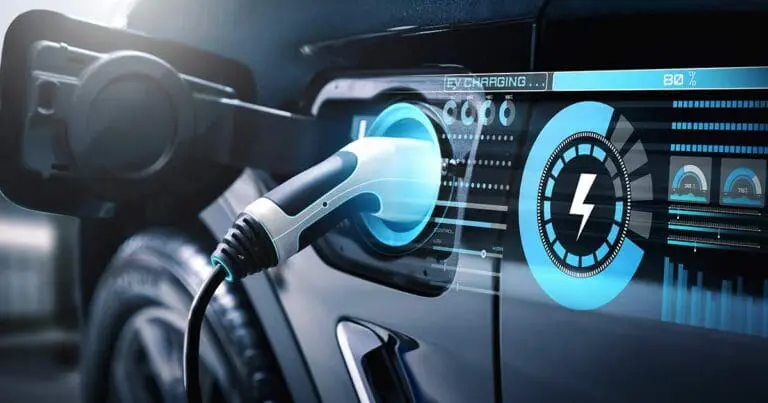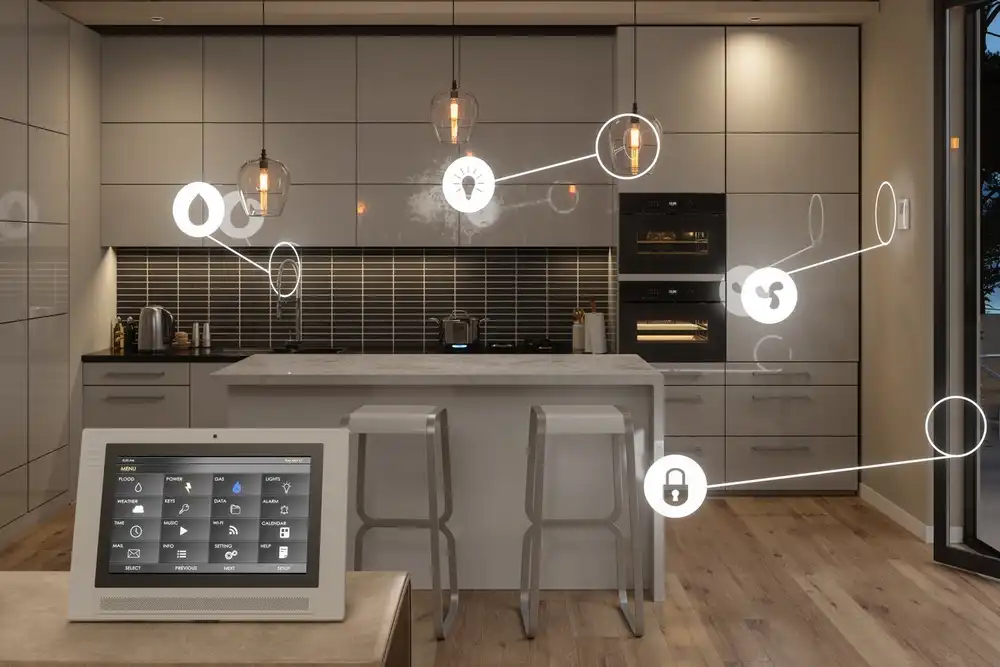The integration of Electric Vehicles (EVs) into smart grids is a transformative step towards a sustainable energy future. As the adoption of EVs continues to climb, understanding how they can be seamlessly integrated into our energy infrastructure is crucial. This article explores the multifaceted relationship between EVs and smart grids, highlighting the benefits, challenges, and innovations that come with this integration.

Understanding Smart Grids
A smart grid is an electricity supply network that uses digital technology to monitor and manage the transport of electricity from all generation sources to meet the varying electricity demands of end users. These grids are designed to be efficient, reliable, and sustainable, accommodating renewable energy sources and modern technologies like EVs.
The Role of EVs in Smart Grids
EVs are not just vehicles; they are mobile energy storage units that can interact with the grid in innovative ways. By integrating EVs into smart grids, we can enhance grid stability, improve energy efficiency, and reduce carbon emissions.
Benefits of Integrating EVs into Smart Grids
The integration of EVs into smart grids offers numerous benefits:
- Grid Stability: EVs can help balance supply and demand by storing excess energy during off-peak times and supplying energy back to the grid during peak demand periods.
- Reduced Carbon Emissions: By using renewable energy sources to charge EVs, smart grids can significantly reduce greenhouse gas emissions.
- Cost Efficiency: Smart grids can optimize energy usage, reducing costs for both the energy provider and the consumer.
Challenges in Integrating EVs into Smart Grids
Despite the benefits, there are several challenges to integrating EVs into smart grids:
- Infrastructure Development: Upgrading existing grid infrastructure to accommodate EVs is a significant investment.
- Technical Complexity: The integration requires sophisticated technology and real-time data management to function efficiently.
- Regulatory Hurdles: Policy and regulatory frameworks need to evolve to support the integration of EVs into smart grids.
Innovations Driving Integration
Several innovations are facilitating the integration of EVs into smart grids:
- Vehicle-to-Grid (V2G) Technology: This allows EVs to communicate with the grid, providing energy back to it during high demand.
- Advanced Charging Infrastructure: Smart charging stations are being developed to efficiently manage energy flow between EVs and the grid.
- Renewable Energy Integration: Combining renewable energy sources with EV charging stations to promote sustainable energy use.
Case Studies of Successful Integrations
Several regions have successfully integrated EVs into their smart grids, serving as models for others:
In California, the state’s initiatives have led to a robust integration of EVs, demonstrating the potential for reduced emissions and improved energy efficiency. Similarly, countries like Norway have made significant strides in this area, leveraging their renewable energy resources.
The Future of EVs in Smart Grids
The future of integrating EVs into smart grids is promising, with advancements in technology and policy likely to accelerate this process. As more stakeholders recognize the environmental and economic benefits, we can expect to see more widespread adoption and innovation.
Conclusion
Integrating EVs into smart grids is a key step towards a sustainable energy future. While challenges remain, the benefits of improved grid stability, reduced emissions, and cost efficiency make this an exciting area of development. By continuing to invest in technology and infrastructure, and by fostering supportive regulatory environments, we can realize the full potential of this integration.

FAQs
What is the role of EVs in smart grids?
EVs act as mobile energy storage that can help stabilize the grid, store excess energy, and reduce carbon emissions.
What are the benefits of integrating EVs into smart grids?
The integration improves grid stability, reduces emissions, and optimizes energy usage, leading to cost savings.
What challenges exist in integrating EVs into smart grids?
Challenges include developing infrastructure, managing technical complexity, and evolving regulatory frameworks.






